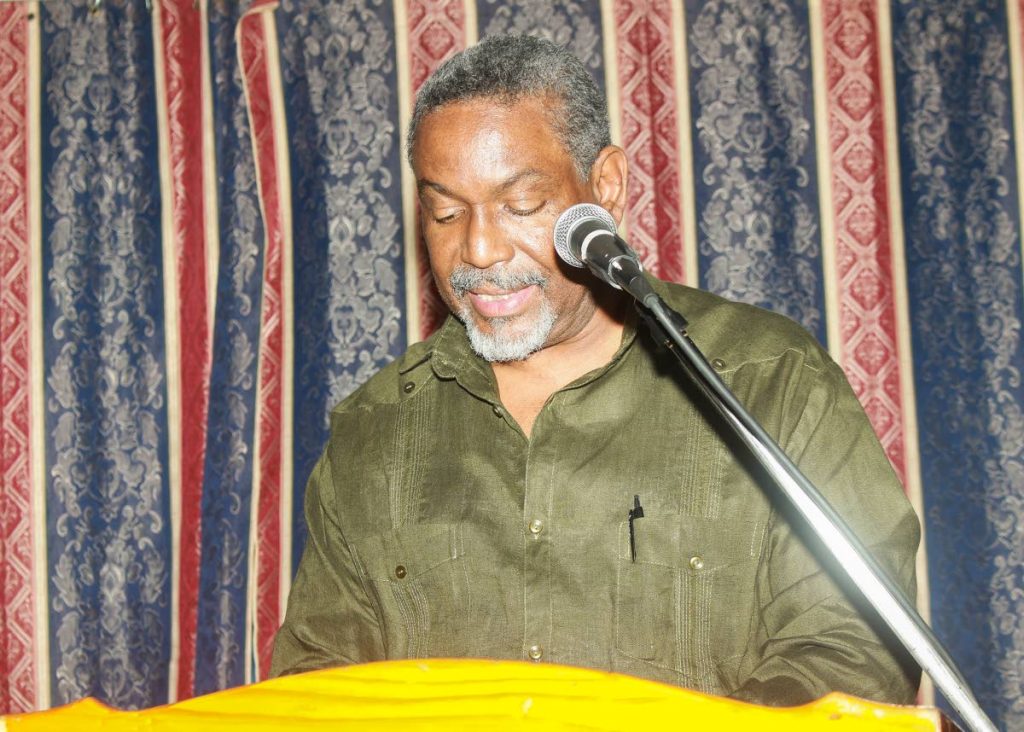Cabrera: Find alternatives to settle disputes

INDUSTRIAL Court Judge Vincent Cabrera said too many matters, especially dismissals, are being referred to the Industrial Court and he is calling on trade unions to find alternatives to the court to settle disputes.
Addressing the Oilfield Workers Trade Union’s (OWTU) 80th annual Conference of Delegates last Friday, Cabrera said this is evidence of a dysfunctional industrial relations system and other options must be considered.
He said that annually, over 1,200 matters are referred to the Industrial Court.
Some matters are settled during conciliation, some withdrawn by either of the parties, while others are settled by the parties themselves.
From 1965 to the present, 4,978 judgments have been delivered. Between January 2015 to July 2019, 61.7 per cent of the written judgments went in favour of trade unions.
“My personal view is that too many matters especially dismissals are being referred to the Industrial Court. I say so taking into consideration that there are literally thousands of judgments which have been handed down by the court since its inception. Over time the court has developed a rich jurisprudence on industrial relations.
“There are sufficient judgments to allow for adequate guidance to be provided to all parties in relation to what applies and what should not apply when an employer decides to terminate a worker from employment. In each judgment, the Coram takes the time to cite previous judgments from our jurisdiction which may have been used as guidance to parties,” said Cabrera.
Given the existence of the Labour Ministry’s conciliation department and many judgments of the court, Cabrera who has spent over four decades as a trade unionist and was most recently president general of the Banking and General Workers Union (Bigwu), before taking up his appointmen at the court, said there is no good reason to come before the court on such matters.
He said matters which are now coming up are being adjourned to 2020. “If we were to continue with this trend, we would have to keep increasing the number of judges appointed. That option is clearly not sustainable.”
In many cases, he said, the internal grievance procedure is not being adhered to and this results in too many matters becoming trade disputes. Only the more intricate and complex matters and those characterised by extreme pecuniary considerations should come before the court.
He said the passage of the Industrial Relations Act was intended to operate along with the Cipriani Labour College as well as a National Labour Code. The latter to guide practitioners on both sides and free up judical time. “We have the Act and we have the College but where is the Labour Code?”
“In this country we have a tendency to wait for the state to initiate activity,” he said, suggesting that a labour code can be done by trade unions jointly with employers and with the assitance of the International Labour Organisation.
“Any measure which can spare workers the delay in having their matters determined judicially and save both employers and trade unions from having to expend their time and energy which could be better spent elsewhere should be seriously considered.”


Comments
"Cabrera: Find alternatives to settle disputes"